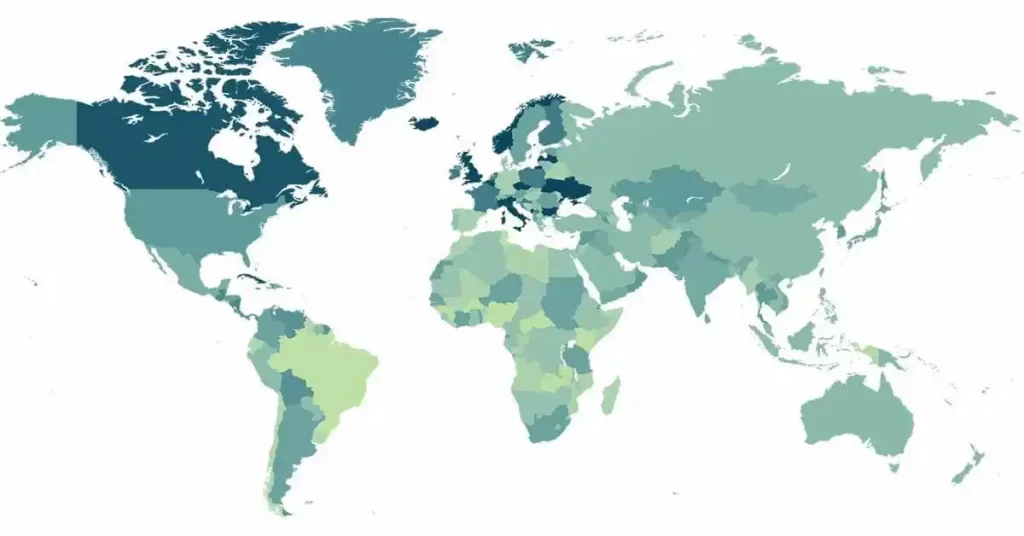Embarking on the journey of writing a dissertation is a monumental undertaking for any graduate student. Amidst the research, analysis, and scholarly exploration, a common question often arises: How many words should a dissertation be? The dissertation word count is a critical aspect that requires attention and precision, as it sets the scope and depth of your scholarly work. In this comprehensive guide, we will explore the factors influencing the word count of a dissertation, discuss the standard requirements across disciplines, and provide insights into managing the length of your dissertation without compromising its academic rigor. For those seeking additional guidance and support in navigating the intricacies of dissertation writing, considering the assistance of a professional dissertation service can provide valuable expertise, ensuring your work meets the highest standards of academic excellence.
Factors Influencing Dissertation Word Count
The word count of a dissertation is influenced by various factors, each playing a crucial role in determining the overall length of your scholarly work.
Academic Level
The academic level at which you are pursuing your dissertation significantly impacts the word count. For example, a doctoral dissertation typically requires a more extensive exploration of the subject matter compared to a master’s thesis.
Discipline and Field of Study
Different disciplines and fields of study may have varying expectations regarding dissertation length. While some disciplines may favor concise and focused dissertations, others may require more extensive and detailed exploration.
Research Scope and Objectives
The scope and objectives of your research play a pivotal role in determining the word count. A dissertation with broad research questions and extensive objectives may naturally require a higher word count to address and analyze the complexities of the topic.
University Guidelines
Universities often provide specific guidelines regarding the acceptable word count for dissertations. It is imperative to familiarize yourself with these guidelines to ensure compliance with institutional requirements.
Standard Dissertation Word Count Across Disciplines
While there is no one-size-fits-all answer to the ideal word count for a dissertation, understanding the general expectations across disciplines can provide valuable insights.
Doctoral Dissertations
Doctoral dissertations typically range from 70,000 to 100,000 words. However, this range is not universally applicable, and variations exist based on the factors mentioned earlier.
Master’s Theses
Master’s theses generally have a lower word count compared to doctoral dissertations, ranging from 20,000 to 50,000 words. Again, variations may occur based on academic level, discipline, and university guidelines.
Managing Dissertation Length Without Compromising Quality
Balancing the depth of scholarly exploration with the prescribed word count can be challenging. Here are strategies to manage dissertation length effectively.
Clearly Define Research Objectives
Clearly defining your research objectives from the outset helps in maintaining focus and prevents unnecessary expansion. Ensure that each chapter contributes directly to fulfilling these objectives.
Be Concise in Literature Review
While the literature review is a critical component, strive for conciseness. Focus on key theories, methodologies, and findings relevant to your research without unnecessary elaboration. Precise and targeted literature reviews enhance the quality of your dissertation by presenting the essential foundations of existing research in a streamlined manner. For further assistance in crafting an impactful literature review, exploring resources and examples from top essay writing services can offer valuable insights into effective strategies for presenting relevant literature concisely and comprehensively.
Precision in Methodology
In the methodology section, provide a detailed but concise explanation of your research approach. Avoid unnecessary technicalities and focus on the essentials.
Succinct Results Presentation
When presenting your research findings, be succinct. Clearly communicate the results without unnecessary repetition, and use visual aids to enhance clarity.
Analyze with Precision in Discussion
In the discussion chapter, analyze your findings with precision. Avoid overgeneralization and ensure that your interpretations are directly aligned with your research questions.
Limit Redundancy
Review your dissertation to identify and eliminate redundancy. Repetitive information not only adds to the word count but also dilutes the impact of your scholarly contributions.
Seek Feedback
Engage with your advisor and peers to receive constructive feedback. External perspectives can identify areas where clarity and conciseness can be enhanced.
Word Count Tools and Software
Utilize word count tools and software to track and manage your dissertation’s length. These tools not only provide real-time word count updates but also help in identifying sections that may need concise editing.
Conclusion
In conclusion, understanding how many words a dissertation should be is a nuanced process that involves considering various factors. While there are general expectations across disciplines, variations exist based on academic level, field of study, and research scope. Effectively managing dissertation length requires a strategic approach, involving clear definition of research objectives, concise presentation of literature, and precision in methodology, results, and discussion. Leveraging feedback, eliminating redundancy, and utilizing word count tools contribute to striking the right balance between depth of exploration and prescribed word count. Ultimately, a well-crafted dissertation reflects not only the scholarly prowess of the researcher but also their ability to present a coherent and impactful contribution to their field of study.



